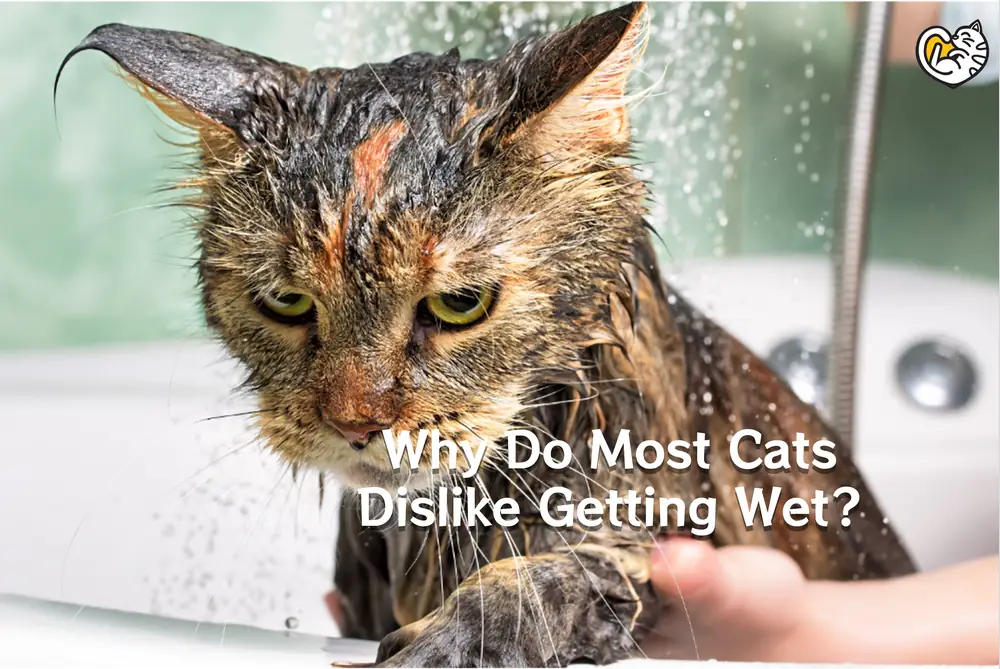Why Do Most Cats Dislike Getting Wet And Bath?


Many cat owners have experienced the comical (for us, not them!) reaction their feline companions have when encountering water.
But beyond the amusement, there are several fascinating reasons why most cats seem to dislike getting wet. Let's delve deeper into these reasons.
Is Your Cat Picky About Food?
Well, my cats used to be like that too, but now they finished the food all the time!
If your cat doesn’t want to eat the food or finish the food you gave, I have a solution for you. Read my true story here.
The Reasons Why Most Cats Hate Water
1. Evolutionary History
The ancestors of domestic cats lived in dry regions like deserts and grasslands. These environments had limited access to large bodies of water, like lakes and rivers.
This lack of exposure over generations meant that cats didn't develop the necessary physical adaptations or instincts to thrive in water. They simply didn't need to be comfortable swimmers or enjoy aquatic activities.
2. Uncomfortable Wet Coat
A cat's coat is not waterproof but highly absorbent. When exposed to water, their fur becomes soaking wet and heavy, making them feel cold and uncomfortable.
This weighs them down and hinders their agility, which is crucial for their natural hunting instincts and overall well-being. Imagine trying to climb or jump with a heavy, damp coat - not ideal for a nimble predator!
3. Loss of Control in Water
Cats are known for their gracefulness and precise movements. They excel at navigating their environment with agility and balance.
However, water introduces an element of uncertainty for them. The slippery nature of wet surfaces can make them feel unsteady and out of control, leading to anxiety and distress.
This lack of control over their movements can be a significant source of discomfort for our feline friends.
4. Disruption of Grooming Routine
Cats are renowned for their meticulous grooming habits. They spend a significant portion of their day meticulously cleaning their fur with their rough tongues.
Getting wet disrupts this essential routine by washing away the natural oils and scent markers they meticulously apply. This can be stressful for a cat, as their sense of smell plays a vital role in communication and feeling secure in their environment.
5. Sensitivity to Strong Scents
Cats have an exceptionally keen sense of smell, which is roughly 14 times stronger than ours! This heightened olfactory ability can make them highly sensitive to strong smells, especially those unfamiliar or unpleasant.
The chemical treatments often present in tap water, like chlorine or fluoride, can have a strong and unpleasant odor to a cat's sensitive nose. This can further contribute to their aversion to getting wet.
Is All Cat Hate Water? What Cat Breeds Enjoy Water?
It's important to remember that not all cats are created equal!
Some breeds, like the Turkish Van, Maine Coon, and Bengal, have water-resistant fur and actually enjoy swimming. Additionally, big cats in hot climates, such as tigers, use water to cool down or hunt.
By understanding these reasons, we can appreciate our cats' natural aversion to water and provide them with a comfortable and stress-free environment that respects their unique preferences.
Do you know the biggest challenge faced by cat owners?
It’s not what you think. Find out the answer here (before it’s too late).





